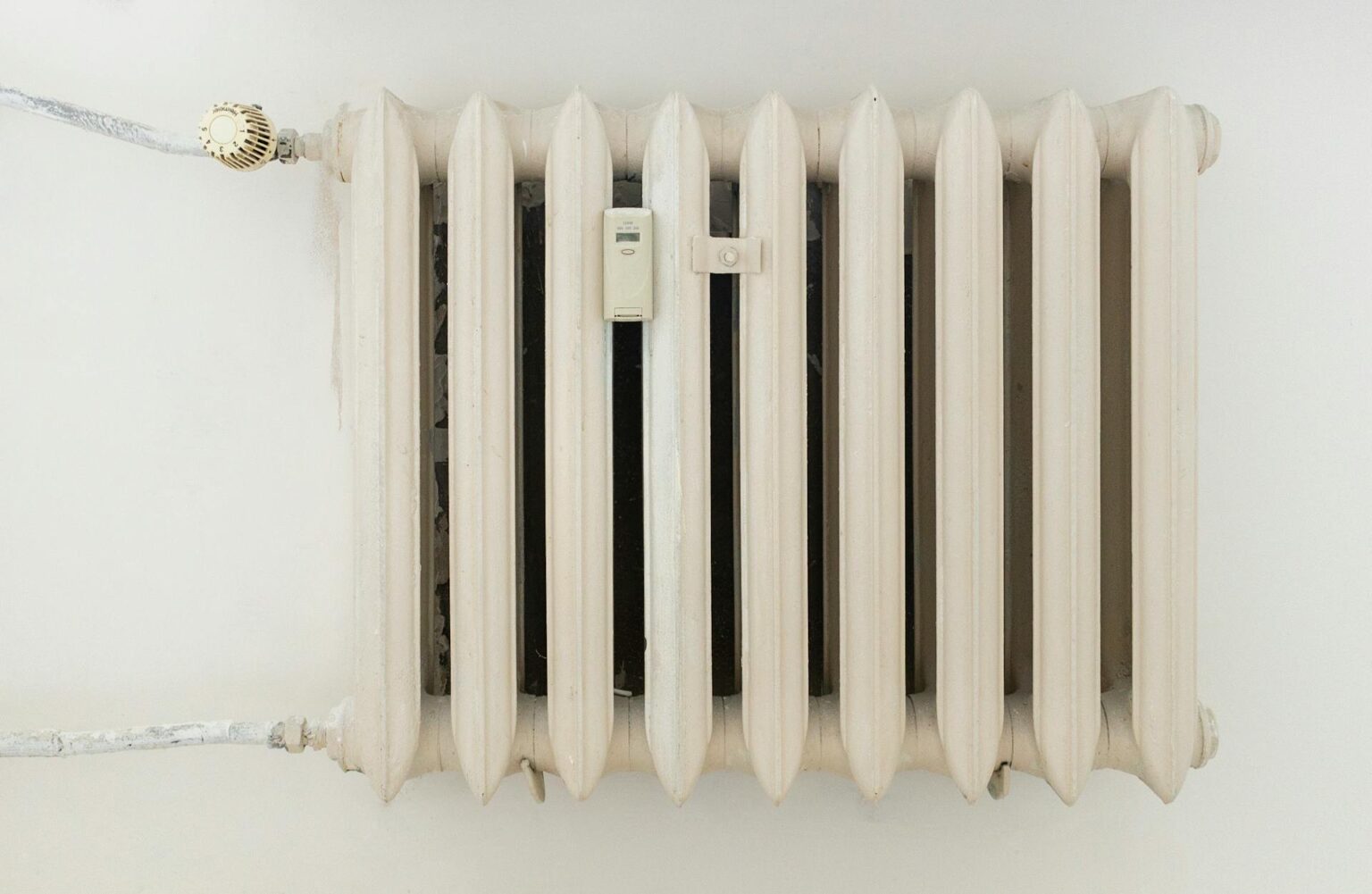The Antimonopoly Office of the Slovak Republic (PMÚ) has launched an investigation into the provision of thermal energy services in Bratislava, following complaints received in July 2025. The inquiry concerns the city districts of Staré Mesto and Ružinov, where new tenders are being prepared for the long-term lease of heat distribution infrastructure and the supply of heat and hot water to local residents.
Bratislava’s heat supply system operates on three levels: generation, primary distribution, and secondary distribution. Primary distribution involves large pipelines carrying heat from production facilities to transfer stations, while secondary distribution, through a network of smaller pipelines, ensures direct delivery to end consumers such as households. Multiple independent companies operate at these levels, engaging in wholesale relationships that shape the competitive landscape.
To supply heat and hot water within a given district, a company must own or lease the relevant secondary infrastructure on a long-term basis. Competitions for such leases are currently underway in Staré Mesto and Ružinov. According to the complaints received, one of the bidders—who is simultaneously a wholesale supplier of heat through Bratislava’s primary distribution networks—may have used its position to set heat prices in a manner that hindered competitors from submitting viable offers. Such conduct, if proven, could restrict effective competition and ultimately disadvantage end consumers.
The PMÚ will now conduct a detailed examination to determine whether the practices in question may constitute a violation of the Act on the Protection of Competition. In its assessment, the authority will also take into account the fact that thermal energy is subject to material and price regulation in Slovakia.
The PMÚ point out that the initiation of an investigation does not imply that a breach of competition law has occurred. The current proceedings are intended to establish whether there is sufficient evidence of a possible infringement to justify the opening of formal administrative proceedings.
